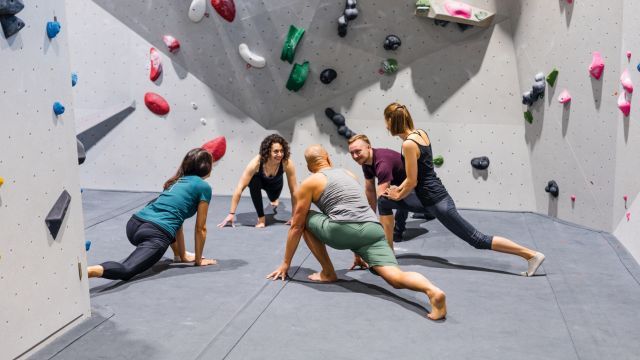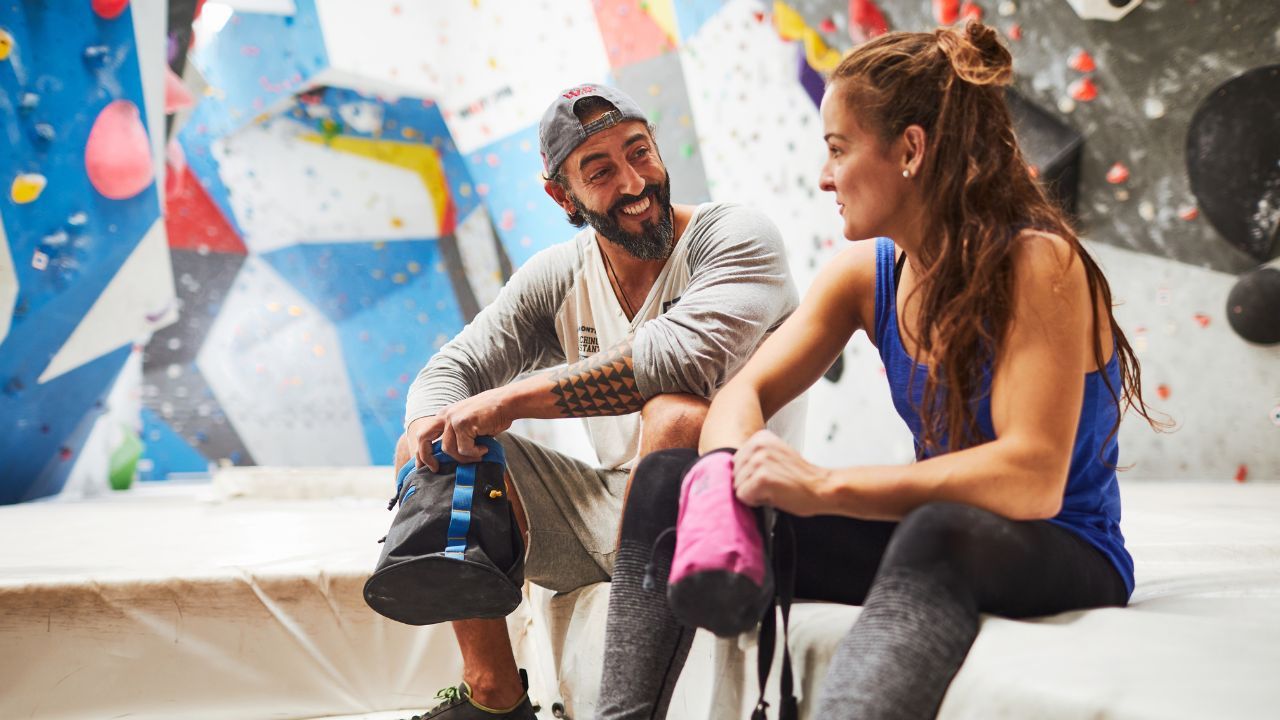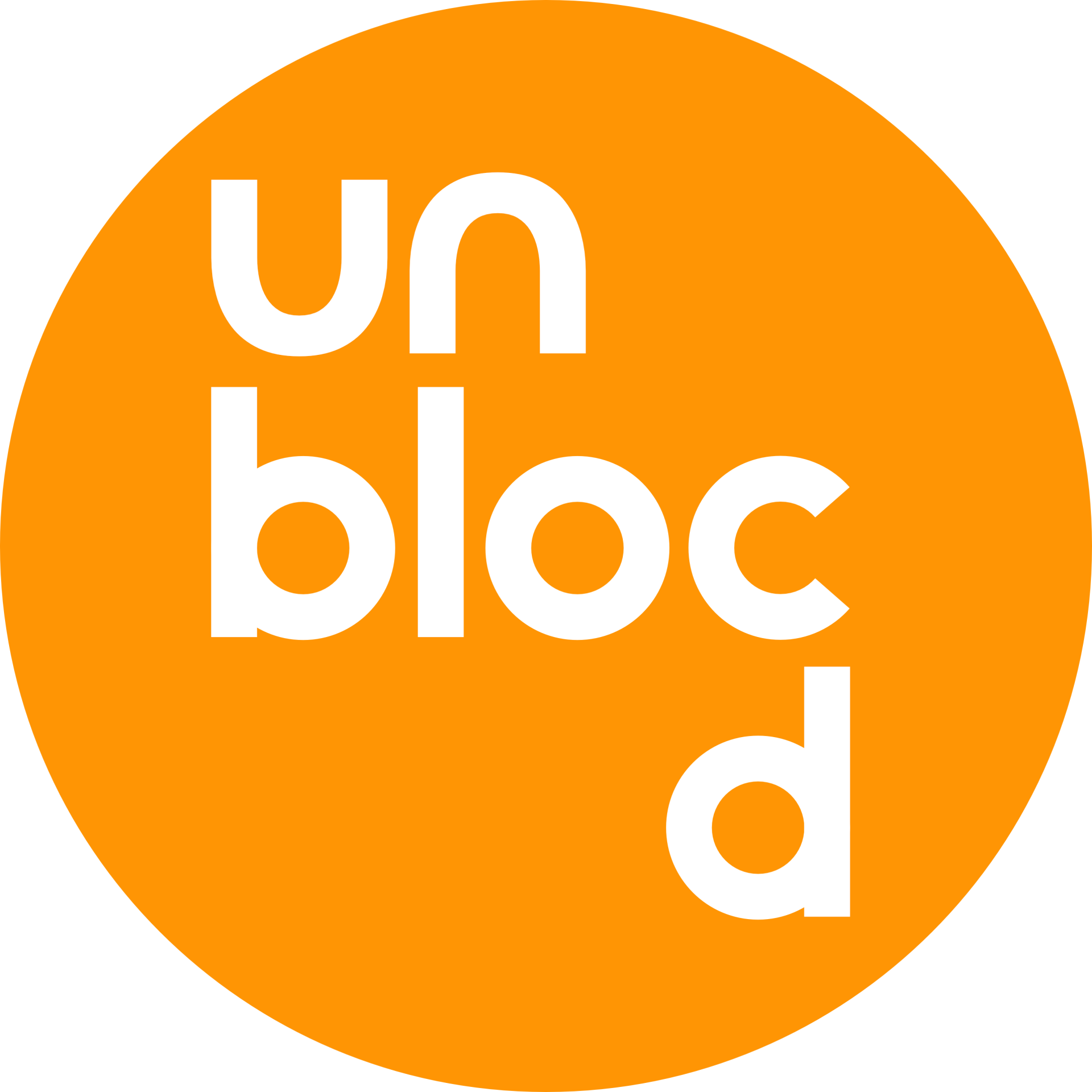Injured Climbers Quietly Disappear
Discover how we can support your gym. Let's talk.
What It Feels Like to Be an Injured Climber
Turn Recovery Into Retention
Support the Mental Side of Recovery
FREE Webinar: Mental Tools for Climbing Injury Recovery
Join our free live webinar to learn how Unblocd approaches the mental side of climbing injury recovery
Discover how we can support your gym. Let's talk.
Support the Physical Side of Recovery On-Site

Create a Safe Space to Recover
Train Your Staff to Show Empathy

For injured climbers, every interaction counts. A warm, informed, empathetic response from staff can mean the difference between disengaging and staying connected.
With Unblocd’s Staff Training, your team gains access to tools that help them better understand and support injured climbers.
With Unblocd’s Staff Training, your team gains access to tools that help them better understand and support injured climbers.
Why It Matters for Your Business
Supporting injured members is about more than just doing the right thing. It also makes business sense:
Higher retention
Injured climbers who feel cared for are more likely to keep their membership or come back later.
Deeper loyalty
People don’t forget how they were treated when they were vulnerable.
Stronger gym culture
You build a reputation as a place that supports the whole climber – not just the send.
What We’ve Learned from Our Work with Injured Climbers
Want to Level Up Your Support?
Injured climbers aren’t lost climbers. With a bit of care and the right support, they can come back stronger – and more loyal – than ever.
Madeleine Crane
Get in touch now and start providing mental training to your gym members.
Thank you!


